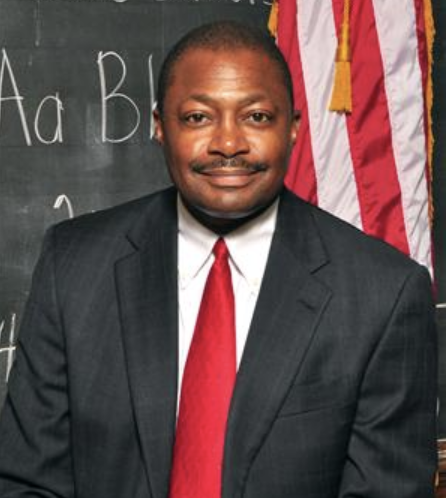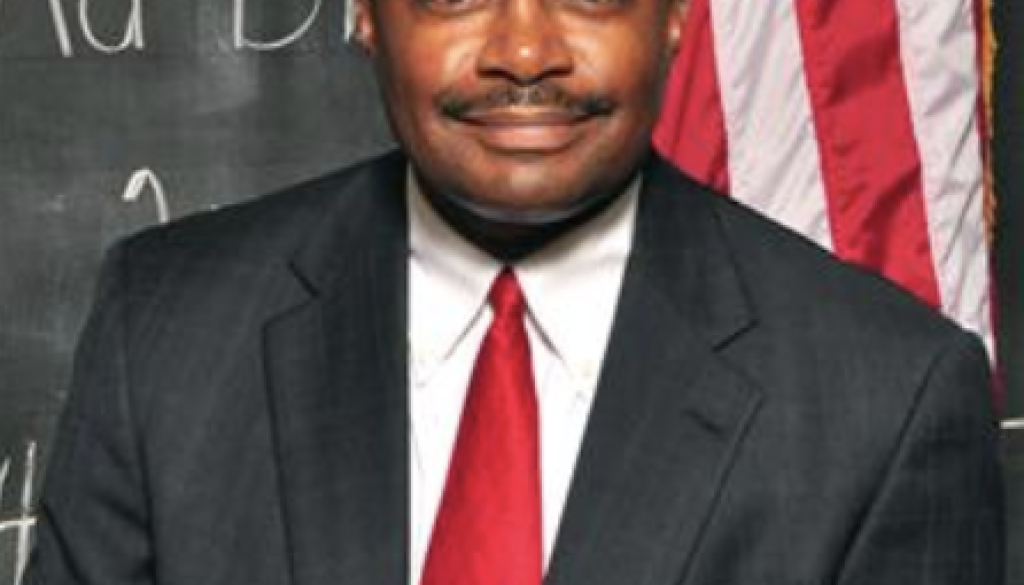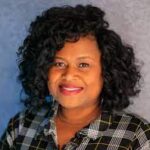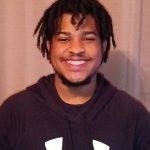‘We are always willing to listen…’

St. Louis Public Schools superintendent Dr. Kelvin R. Adams has his hands full these days responding to the pandemic. Even so, the district is being asked to answer to activists that want the district to apply a racial equity lens to its actions. He responded by e-mail to a few questions from Richard Weiss.
Weiss; How are you responding to demands from racial equity activists?
Adams: We are always willing to listen, but it is important to note that our District’s strategic plan, which guides all of our work, has five key goals. Pillar 2 focuses on advancing fairness and equity across our system. Pillar 3 focuses on cultivating teachers and leaders who foster culturally responsive learning environments.
Two years ago, we launched cultural responsiveness training for all administrators. We absolutely agree that a racial equity lens is needed to best serve our students, and we continue our work on that front.
Weiss: Are you hearing from parents and teachers about these sorts of concerns? For instance, the sometimes uneven application of discipline, the access to honors and AP courses, anti-racism, anti-bias training for teachers?
Adams: We have heard, over time, about the inequity that seems to exist in our society and community and how it impacts our students. One example of our response would be that, last year, our Student Support Services team took our Student Code of Conduct, which had not significantly changed in several years, and revamped the document with a focus on restorative justice. We have worked very hard to reduce out-of-school suspensions and no longer suspend students in grades PK-2.
As far as access, we agree, it is very important to provide all students access to honors and AP courses. The difficulty we face is around staffing. Before COVID-19, we held a series of community meetings with the idea that if we consolidated some schools, we would be able to allocate our teachers more effectively. That discussion was put on hold due to the pandemic. In the interim, until we can provide AP and honors classes in-person in every high school, we are able to offer them virtually to every student.
We are looking at ways to provide anti-racism and anti-bias training to teachers. Some school leaders have already started this work with their staff based on what they learned in the cultural responsiveness training. Our next professional development push with teachers is to provide trauma-informed training. We have that scheduled for this school year through our partnership with Alive and Well.
Weiss: Have you seen or are you conversant with the demands coming from a consortium of educational non-profits called Redefining K-12 in STL Post-Covid 19 Campaign. Can you embrace their demands and promise to act on them? The organizations include:
- WEPOWER
- Bridge 2 Hope St. Louisl
- Metropolitan Congregations United
- STEMSTL
Adams: I have seen these demands and even met with one group. Again, we have and will listen and will address these demands/requests on a case-by-case basis. Some of these demands we are already meeting or are in the process of meeting. For example, this school year, we have committed to one-to-one technology for all students. Every student in PK-8 will be issued an iPad for learning. Every student in 9-12 will receive a Dell laptop.
Another example is college and career readiness, and—thanks to the St. Louis Public Schools Foundation—we have a counselor in every high school, working to develop an individualized plan for each student whether that means college, military or career. We also do a great deal of follow-up with our graduates to ensure they are staying on track.
Weiss: Among the demands are cutting ties with the police department and removing police from schools. Is that feasible or practical?
Adams: We do not have police in our schools. Our safety officers are District employees responsible for keeping schools safe, protecting students and staff, and monitoring our properties and the surrounding areas. They also have been on the front lines during COVID-19, assisting with our meal distribution program, including delivering food to families who are unable to come to our sites.
We would also ask the following. If an individual, group or organization identifies a deficit, we are always willing to listen. But also, for the good of our students and our community, go a step further. Don’t just point out an issue. Lean in to help solve the issue by seeking out resources and support.




